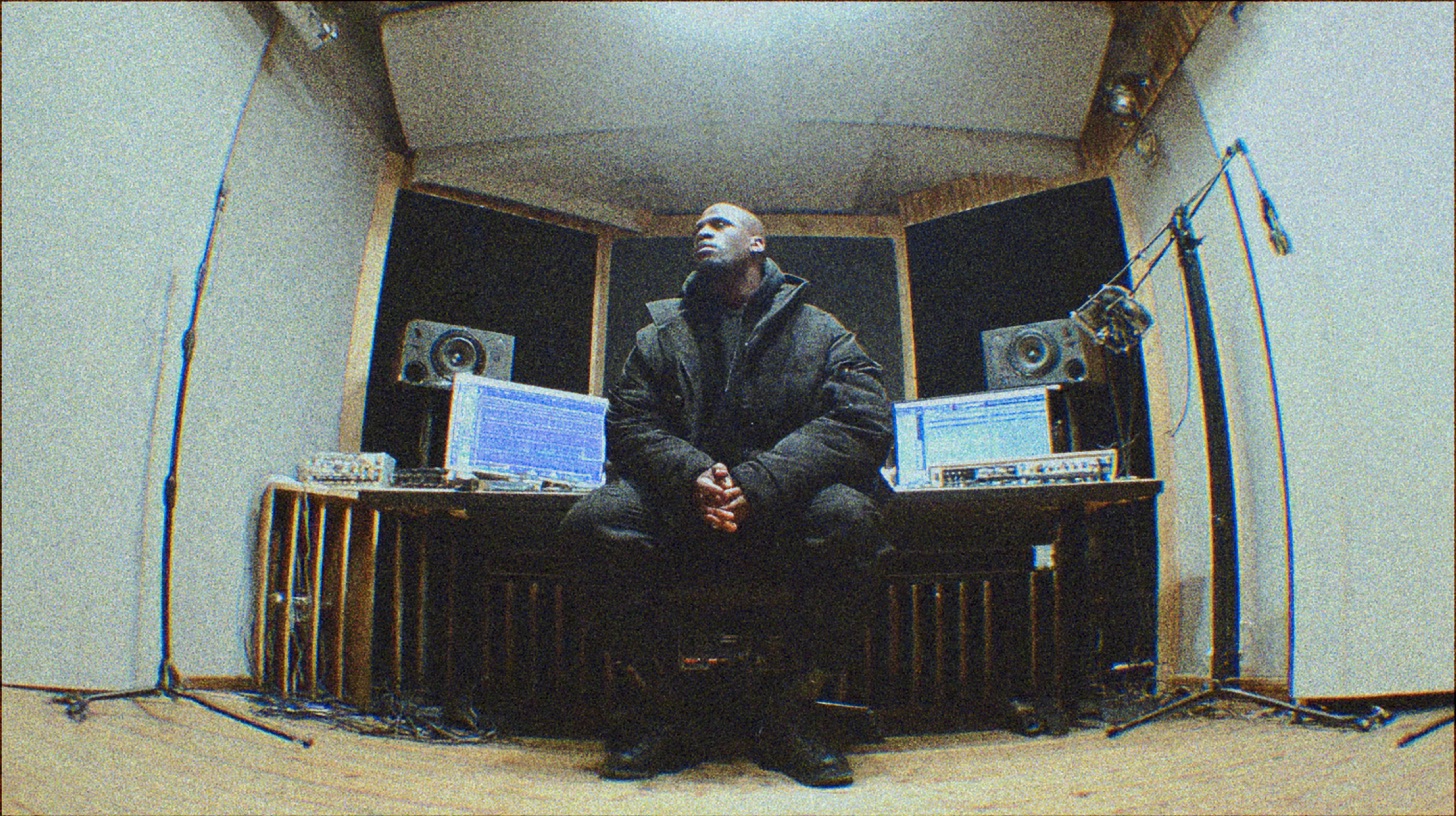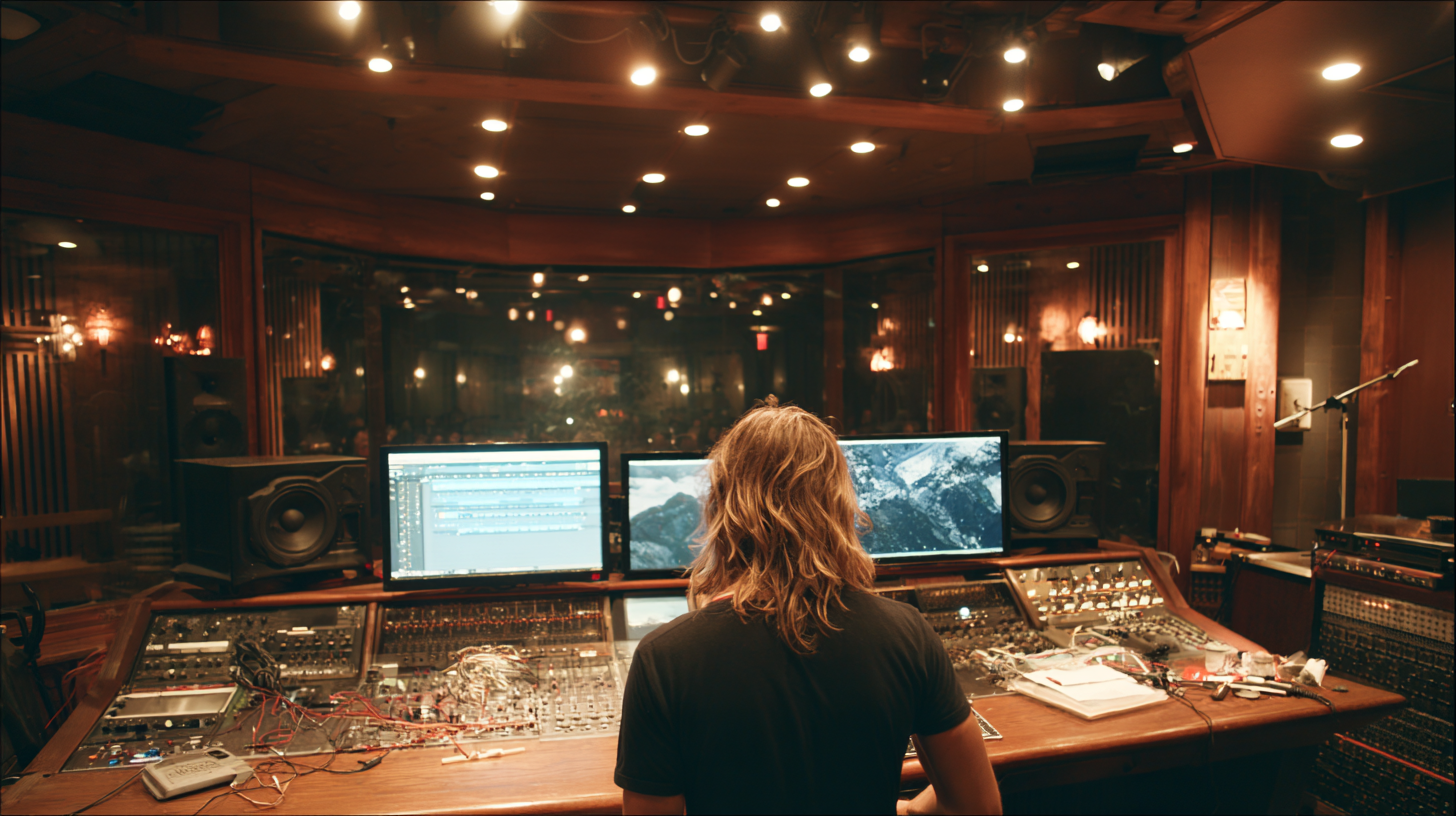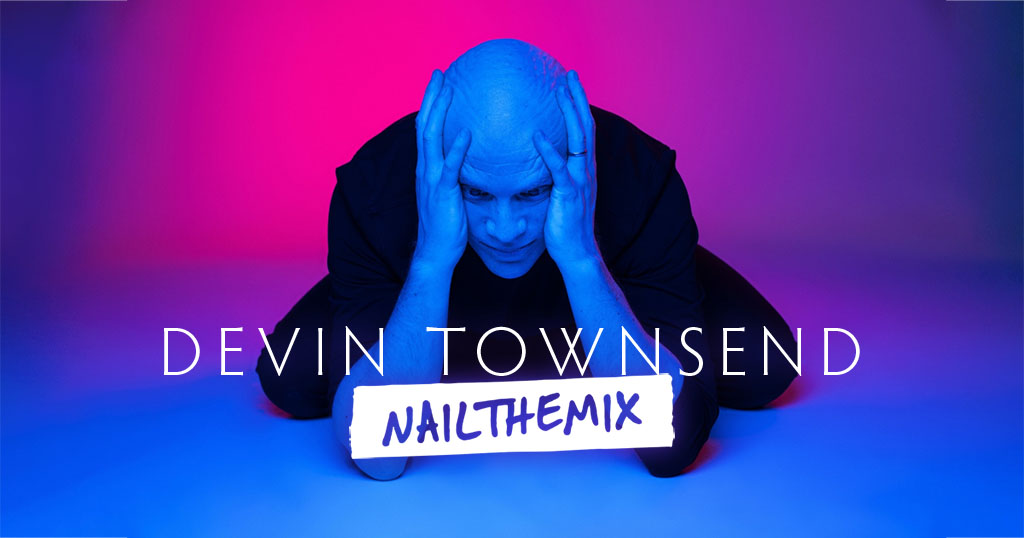
Why Every Metal Musician Needs To Know Music Mixing
Nail The Mix Staff
You scroll through your feed and see a thousand bands that are insanely tight, with productions that sound massive. You hear people complaining about streaming royalties and how it’s impossible to “make it.” It’s easy to think it’s a terrible time to be a metal musician.
That’s dead wrong.
It’s actually the best time to be a metal musician, and the reason is simple: The power is finally in your hands. Gone are the days of gatekeepers and needing a label’s budget to sound legit. Today, the great equalizer isn’t a record deal; it’s your ability to craft a killer mix. Your music mixing skill is the bridge between the riffs in your head and a track that can compete on the world stage.
The Old Days Sucked for Metal Production
It’s easy to romanticize the past, but let’s not forget what it was actually like for most bands. If you wanted to record an album, you were facing a nightmare.
First, you had to save up a ton of cash to book time at a "professional" studio. More often than not, you'd hand over your hard-earned money to an engineer who thought Slipknot was too noisy and had zero clue how to mic a blast beat. You'd spend a fortune to walk away with a demo that sounded like garbage because the person behind the board just didn't get metal.
Your success was literally tied to geography. If you were lucky enough to live near a producer who specialized in heavy music, you had a shot. If not? Good luck. Countless bands with killer potential saw their dreams—and their savings—die on the floor of a studio that was completely wrong for their sound.
Your Bedroom Is the New Pro Studio
That old reality is ancient history. The paradigm has shifted completely, putting you in the driver's seat. The barriers that held musicians back for decades have been obliterated by technology.
The Gear Barrier Is Gone
Remember when a basic home recording setup like an M-Box sounded thin and cost a fortune? Now, for a couple hundred bucks, you can grab a Focusrite Scarlett or a PreSonus AudioBox interface that delivers pristine, professional-quality audio. The tech in cheap interfaces today is lightyears beyond what was considered "pro" not that long ago.
Couple that with a powerful DAW like Reaper or Pro Tools, and you have a recording environment that rivals the expensive studios of the past. You don't need a massive SSL console to get a great mix. With plugins like FabFilter’s Pro-Q 3 for surgical EQ or the entire Slate Digital suite, you have an arsenal of world-class tools right on your laptop. The playing field has been leveled.
You Are the Producer (And That’s a Good Thing)
The single coolest part of this new era? You can get your vision out without a middleman. You don't have to struggle to explain your sound to a producer who doesn't understand your references. You can craft it yourself.
Look at guys like Buster Odeholm, who took his bands from independent bedroom projects to signed acts, all while building a massive production career. Or look at a legend like Devin Townsend, who is a true renaissance man—writing, playing, producing, mixing, and running his own operation. They prove that if you put in the work, you can control your own destiny.
This means that learning music mixing isn't just a "nice to have" skill anymore. It’s fundamental. It's the language you need to speak to turn your raw tracks into a finished, impactful piece of art.
Essential Music Mixing Concepts for Today's Metal
Okay, so you’ve got the gear and the vision. Now what? To compete, you need to embrace the techniques that make modern metal sound so powerful. It’s not about "cheating"; it’s about using the tools available to get the best possible result.
Embracing Modern Drum Production
Let’s tackle the big one: "natural" drums. Many bands say they hate triggers and sample-replaced drums. Then they’ll show you a reference track that is, ironically, completely sample-replaced. They don’t actually hate the sound; they just misunderstand the technology.
The truth is, sample replacement is a cornerstone of modern metal mixing. Tools like Slate Trigger 2 are essential for getting kicks and snares that have the consistency and punch to cut through a wall of distorted guitars.
Actionable Tip: Don't just replace—blend. Keep your original overheads and room mics to retain the human feel and cymbal wash. On your snare, blend the original track (for the ghost notes and feel) with a punchy sample (like a powerful brass snare) to get the best of both worlds. This gives you the weight and consistency of a sample with the live energy of your drummer.
Another pro move? When recording, consider using a kick pad trigger. Your drummer is still performing the part, but you get a perfectly clean kick signal without any bleed into your snare or tom mics. This lets the drummer focus their energy on a powerful hands performance, which is where most of the groove and feel comes from anyway.
Next-Level Guitars: Beyond Just Micing an Amp
Getting a huge guitar tone used to be a dark art of amps, cabs, and mics that you could never perfectly recreate. The invention of profilers and modelers like the Kemper Profiling Amp and Fractal Audio’s Axe-Fx changed the game. Now you can capture a magical tone and recall it perfectly for re-amping or, even better, take that exact album tone on the road.
But the tone itself is only half the battle. How you sit it in the mix with EQ is critical. This goes way beyond a simple mid-scoop. You need to be surgical to get guitars to sound massive but also clear.
Actionable Tip: Get aggressive with filters. Use a high-pass filter (HPF) to cut out all the useless low-end rumble below 80-100Hz. This immediately cleans up space for the kick and bass. On the other end, use a low-pass filter (LPF) around 8-10kHz to shave off that harsh, fizzy top-end that makes guitars sound cheap. This lets the cymbals shine without fighting the guitars.
The Power of Compression and Automation
New mixers often think of compression as just a tool to make things louder. It’s so much more. It's about shaping dynamics, adding punch, and gluing elements together. Learning to wield its power is a total game-changer.
Actionable Tip for Bass: Instead of one compressor, try multi-band compression with a plugin like FabFilter Pro-MB. Isolate the low end (everything below ~150Hz) and compress it heavily to create a solid, consistent foundation. Then, apply less compression to the mids and highs. This keeps the aggressive "clank" and "string noise" dynamic and exciting while the low-end stays locked in with the kick drum.
And don’t forget automation! Your mix is a living thing. Automate the volume of your lead vocal phrase by phrase, or even word by word, so it never gets buried. Automate a reverb or delay throw on the last word of a chorus to create a huge, dramatic moment. This is how you add professional polish and impact.
Why You Can’t Afford to Ignore This Stuff
Look, the bar has been raised. Because everyone has access to this technology and education, the standard for musicianship and production quality is higher than ever. If your mixes sound like they were made in 2004, you’re going to get left behind, plain and simple.
Even the fans who say they prefer an "old-school sound" are listening on speakers and headphones that reveal every flaw. They’ve been conditioned by decades of sonically powerful records. They might like the feeling of an old record, but they expect the impact of a modern one.
Learning music mixing isn’t a chore. It’s the final, crucial step in the creative process. It’s what ensures the awesome song you wrote actually hits the listener with the power and emotion it deserves.
It’s one thing to read about these techniques, but it’s another thing entirely to see them in action. Watching a pro dial in these sounds on a real session from a band you love is the fastest way to level up your skills. If you’re serious about making your music sound as professional as possible, it’s time to unlock your sound by mixing modern metal beyond presets.
The tools are here. The knowledge is accessible. There’s nothing holding you back but your own skill. Go make something that sounds incredible.
Get a new set of multi-tracks every month from a world-class artist, a livestream with the producer who mixed it, 100+ tutorials, our exclusive plugins and more
Get Started for $1




